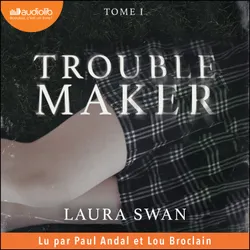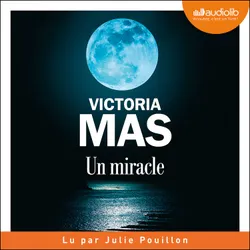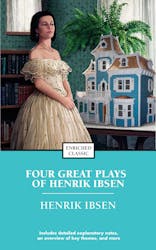A Doll's House is a three-act play in prose by Henrik Ibsen. The play is significant for its critical attitude toward 19th century marriage norms. It aroused great controversy at the time, as it concludes with the protagonist, Nora, leaving her husband and children because she wants to discover herself. Ibsen was inspired by the belief that "a woman cannot be herself in modern society," since it is "an exclusively male society, with laws made by men and with prosecutors and judges who assess feminine conduct from a masculine standpoint." Its ideas can also be seen as having a wider application: Michael Meyer argued that the play's theme is not women's rights, but rather "the need of every individual to find out the kind of person he or she really is and to strive to become that person." In a speech given to the Norwegian Association for Women's Rights in 1898, Ibsen insisted that he "must disclaim the honor of having consciously worked for the women's rights movement," since he wrote "without any conscious thought of making propaganda," his task having been "the description of humanity." In 2006, the centennial of Ibsen's death, A Doll's House held the distinction of being the world's most performed play.

A Doll's House
Henrik Ibsen
book
A Doll's House
Henrik Ibsen, Sheba Blake
book
Le Bal des folles : Suivi d'un entretien avec l'autrice
Victoria Mas
audiobook
Troublemaker, tome 1
Laura Swan
audiobook
Un miracle
Victoria Mas
audiobook
Les Petits Bourgeois 1
Charles Rabou, Honoré de Balzac
book
Fallen Angel
Camille Creati
audiobook
Chroniques d'Avonlea II
Lucy Maud Montgomery, Hélène Rioux
book
Slayers: Volume 1
Hajime Kanzaka
book
My Next Life as a Villainess: All Routes Lead to Doom! Volume 12 (Light Novel)
Satoru Yamaguchi
book
Le violon du pendu
Erckmann Chatrian
audiobook
De toi à moi (with love) - Tome 1
Louanne Serra
audiobook



